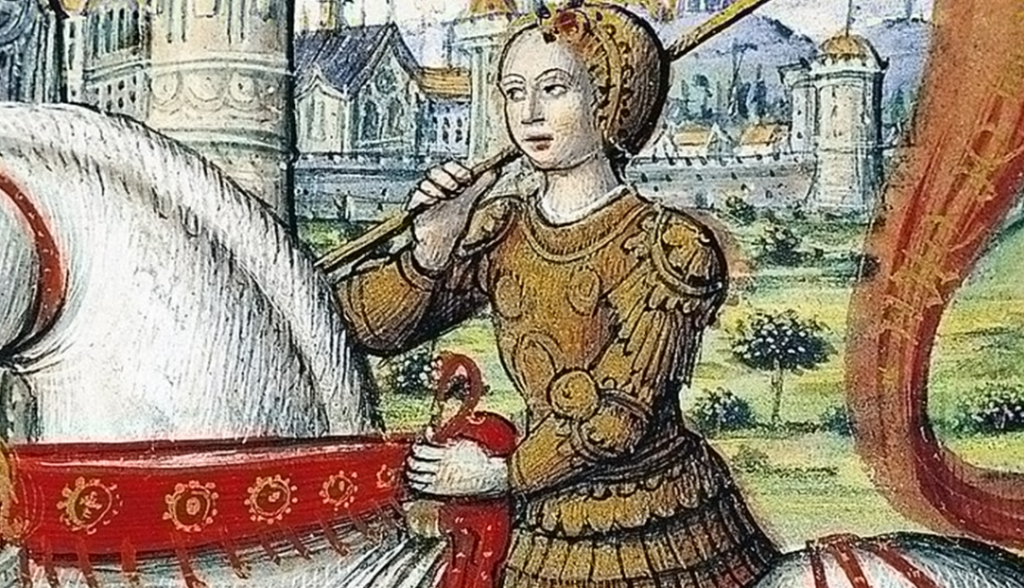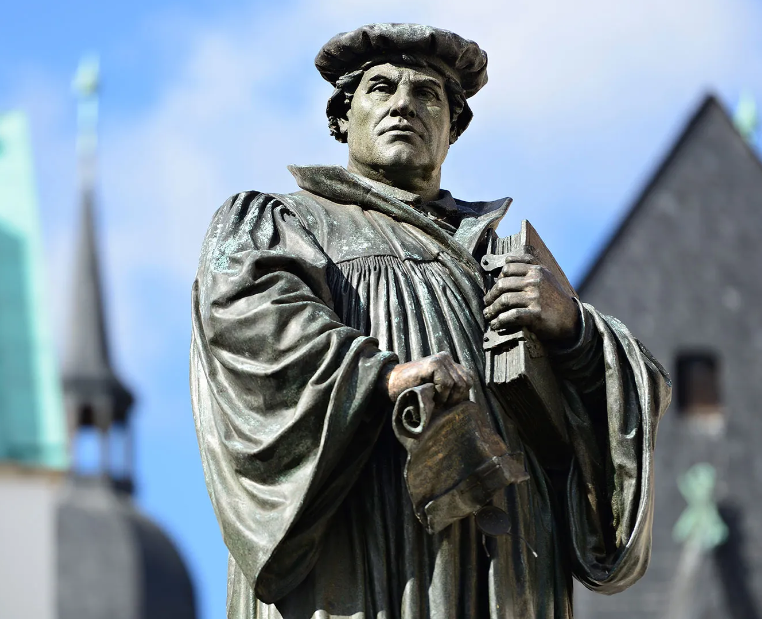Do you know about Cabo Verde National Hero? Cabo Verde, an archipelago nation located off the coast of West Africa, has a rich history of resilience, struggle, and triumph. At the forefront of the fight for independence from Portuguese colonial rule stands Amilcar Cabral, a visionary leader and a national hero. This article explores the life, contributions, and lasting impact of Amilcar Cabral on the identity and liberation of Cabo Verde.
Who is Cabo Verde National Hero?
Amilcar Cabral, born on September 12, 1924, in Bafatá, Guinea-Bissau, was a charismatic and influential figure in the fight against colonialism. He was a renowned politician, writer, and revolutionary thinker who dedicated his life to the liberation of not only Cabo Verde but also Guinea-Bissau from Portuguese oppression.
Early Life and Education
Amilcar Cabral grew up in a family of Cape Verdean and Guinea-Bissauan descent. His early experiences shaped his passion for social justice and equality. Cabral pursued his education in Lisbon, Portugal, where he studied agronomy and became exposed to the discrimination and prejudice faced by African students. These experiences fueled his determination to fight against colonial rule and inspired his intellectual development.
Political Activism and Independence Movement
Cabral’s involvement in political activism began during his time in Portugal, where he co-founded student movements advocating for African rights. He recognized the need for organized resistance and dedicated himself to the fight for independence. Cabral united Cabo Verdeans and Guinea-Bissauans in their shared struggle against colonialism and initiated a powerful movement for liberation.
Formation of the PAIGC
In 1956, Amilcar Cabral co-founded the African Party for the Independence of Guinea and Cape Verde (PAIGC), a political party that aimed to mobilize the masses and challenge Portuguese colonial rule. The PAIGC became a driving force behind the independence movement, promoting self-determination, education, and cultural awareness as means of empowerment.
Guerrilla Warfare and Armed Struggle
Amilcar Cabral recognized that political activism alone would not lead to freedom. He advocated for armed struggle and implemented strategies that combined guerrilla warfare and political mobilization. Through his inspirational leadership, the PAIGC waged a protracted armed struggle that weakened the Portuguese grip on Cabo Verde and Guinea-Bissau.
Legacy and Impact of Cabo Verde National Hero
Amilcar Cabral’s legacy extends far beyond the boundaries of Cabo Verde and Guinea-Bissau. His ideas and principles continue to resonate with freedom fighters and liberation movements worldwide. Cabral’s emphasis on cultural identity, economic self-sufficiency, and anti-imperialist solidarity left an indelible mark on the struggles for justice and equality.
Recognition as Cabo Verde National Hero
In Cabo Verde, Amilcar Cabral is revered as a national hero. His unwavering commitment to the independence movement, his eloquence, and his strategic vision have made him an iconic figure in the country’s history. Cabral’s contributions are celebrated through statues, monuments, and national holidays dedicated to his memory.
Cultural Influence of Cabo Verde National Hero
Amilcar Cabral’s influence extends to various aspects of Cabo Verdean culture. His speeches, writings, and ideas continue to inspire artists, poets, and musicians who seek to capture the spirit of resistance and liberation. Cabral’s cultural legacy serves as a reminder of the power of art and expression in fostering social change.
Conclusion
Amilcar Cabral’s journey as a revolutionary leader and his role as a national hero have shaped the identity of Cabo Verde. His determination, intellectual acumen, and unwavering commitment to freedom have left an indelible mark on the nation and its people. Amilcar Cabral’s legacy continues to inspire generations, serving as a testament to the enduring power of courage, resilience, and the pursuit of justice.
FAQs
1. What were Amilcar Cabral’s major achievements?
Amilcar Cabral’s major achievements include co-founding the PAIGC, leading the armed struggle for independence, and promoting cultural identity and economic self-sufficiency.
2. How did Amilcar Cabral influence other liberation movements?
Amilcar Cabral’s ideas and strategies influenced other liberation movements by emphasizing the importance of cultural identity, self-determination, and anti-imperialist solidarity.
3. What is the significance of Amilcar Cabral’s cultural influence?
Amilcar Cabral’s cultural influence in Cabo Verde lies in inspiring artists, poets, and musicians to express the spirit of resistance and liberation through their work.
4. How is Amilcar Cabral remembered in Cabo Verde?
Amilcar Cabral is remembered in Cabo Verde through statues, monuments, and national holidays dedicated to his memory, highlighting his role as a national hero.
5. What is the relevance of Amilcar Cabral’s legacy today?
Amilcar Cabral’s legacy remains relevant today as it inspires the pursuit of justice, equality, and liberation in various contexts globally.
References
Reference 1: Smith, David. (2015). Amilcar Cabral: Revolutionary Leadership and People’s War. African Studies Review, 58(1), 9-32. Link
Reference 2: Hubbard, James L. (2008). The Path to Freedom: Amilcar Cabral and the African Revolution. Journal of Third World Studies, 25(1), 149-169. Link
Reference 3: Faria, Telma. (2012). Amilcar Cabral and Cabo Verdean Independence. African Economic History, 40, 123-148. Link

